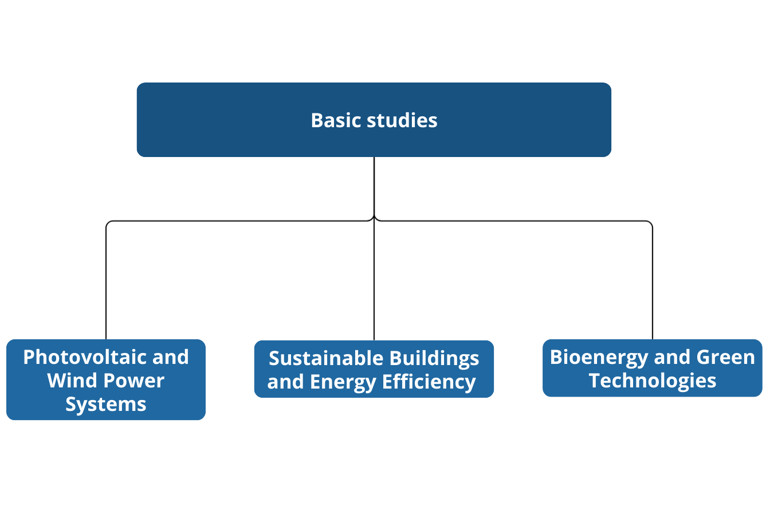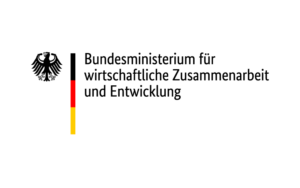At the end of 2024, prospective students were able to apply for the newly designed Bachelor’s Degree Program in Renewable Energy at the École Supérieure Polytechnique in Dakar, Senegal, for the first time.
The program was developed as part of the CO2Free project, with the aim of training qualified professionals to harness the country’s significant potential in renewable energy.
The bachelor’s degree program is designed with a forward-looking approach.
The program is spread over six semesters, totaling 180 ECTS credits. The curriculum combines theoretical courses and tutorials with practical exercises and projects. The program concludes with a two-month internship in a company.








